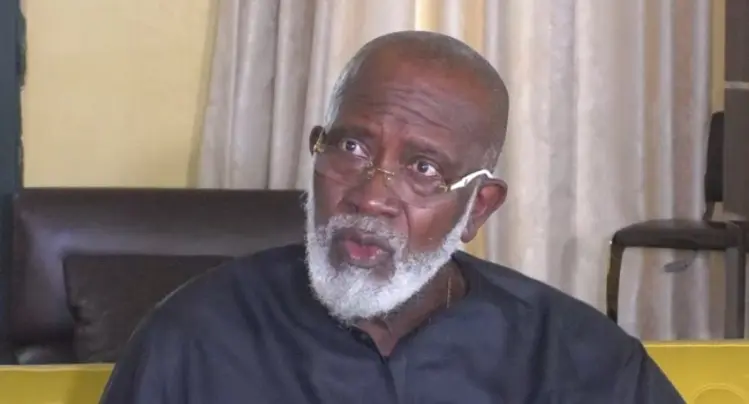Former Labour Party governorship candidate in Imo State, Athan Achonu, has voiced strong concerns about how state governors manipulate Nigeria’s democratic system by controlling local governments.
Speaking during an interview on News Central’s Breakfast Central, Achonu explained that the undue influence governors wield at the grassroots level allows them to determine who emerges in the Senate, House of Representatives, and House of Assembly.
According to him, this imbalance has made Nigerians lose faith in governance structures that were originally designed to protect citizens’ interests.
“Nobody has faith in anything in this country anymore. The judiciary is a problem, the legislature is a problem, and everybody is complaining,” Achonu stated.
He emphasized that institutions such as the National Assembly and Bureau of Public Procurement (BPP) have clear oversight responsibilities but are often overshadowed because all attention is directed toward the President and state governors.
Achonu noted that contracts are frequently awarded without proper checks and balances, even though civil servants are mandated to ensure fair pricing and accountability. He argued that if these systems worked as intended, contractors and corrupt officials could be held accountable without always shifting the blame to the highest officeholders.
The former lawmaker stressed that the root of Nigeria’s democratic weakness lies in governors’ tight hold on local governments.
“For example, the governors control who goes to the Senate, House of Reps, House of Assembly because they control local governments. Once they cease to control that, you will see true democracy,” he said.
He drew a comparison with the era of former President Olusegun Obasanjo, pointing out that during that time, governors had to appeal directly to the people through genuine campaigns in order to win elections.
Today, however, Achonu believes that political leaders no longer need to campaign sincerely because of the power structures already manipulated in their favor.
His remarks highlight the urgent need for decentralization of power and restoration of true autonomy to local governments in Nigeria’s democratic journey.

